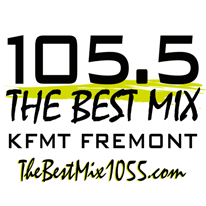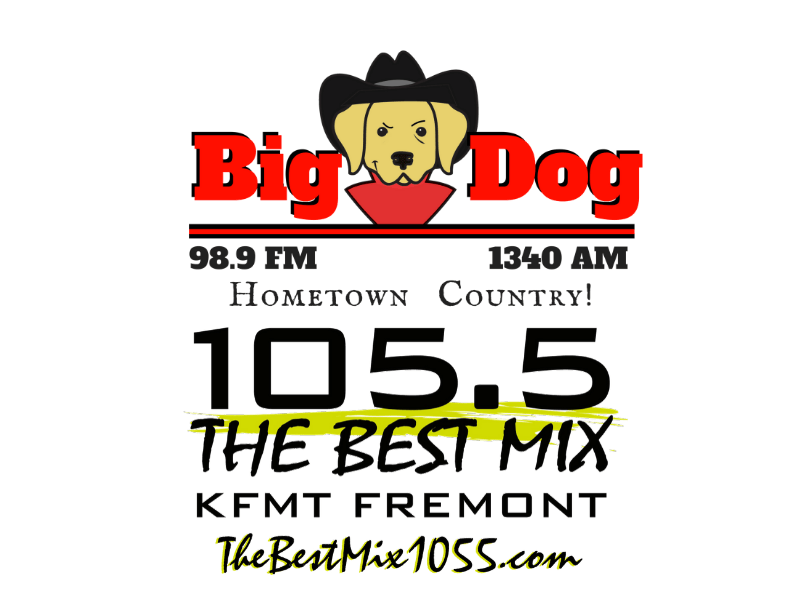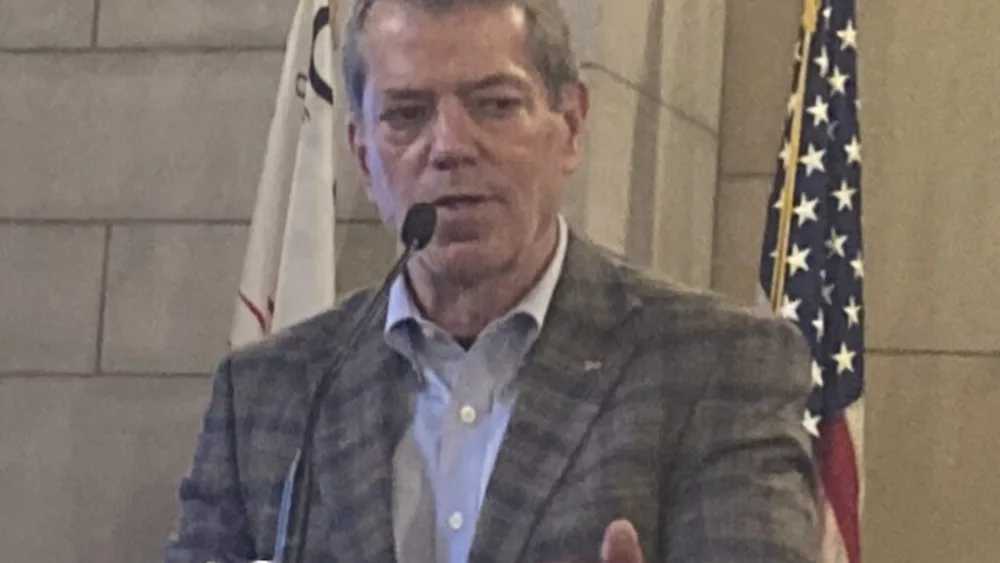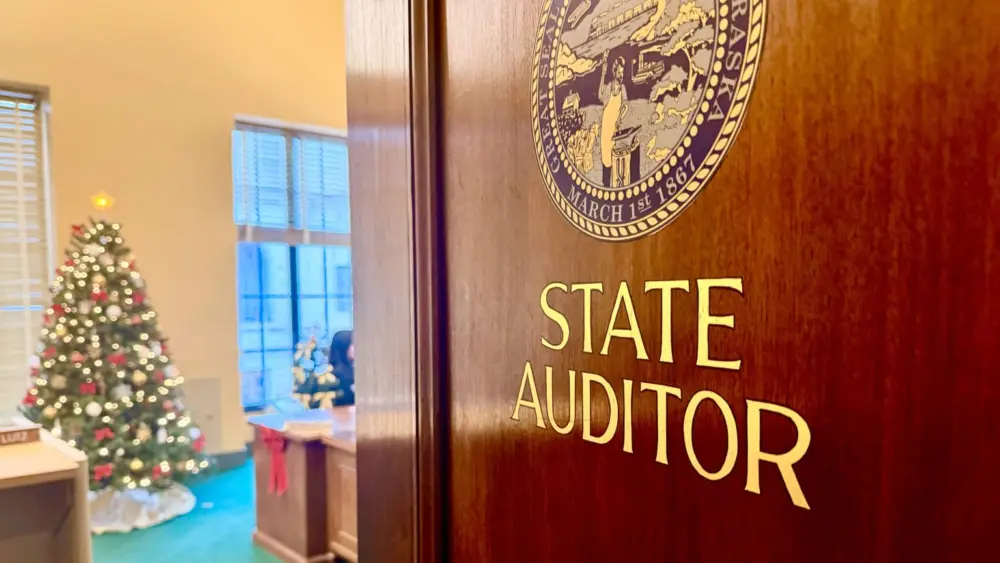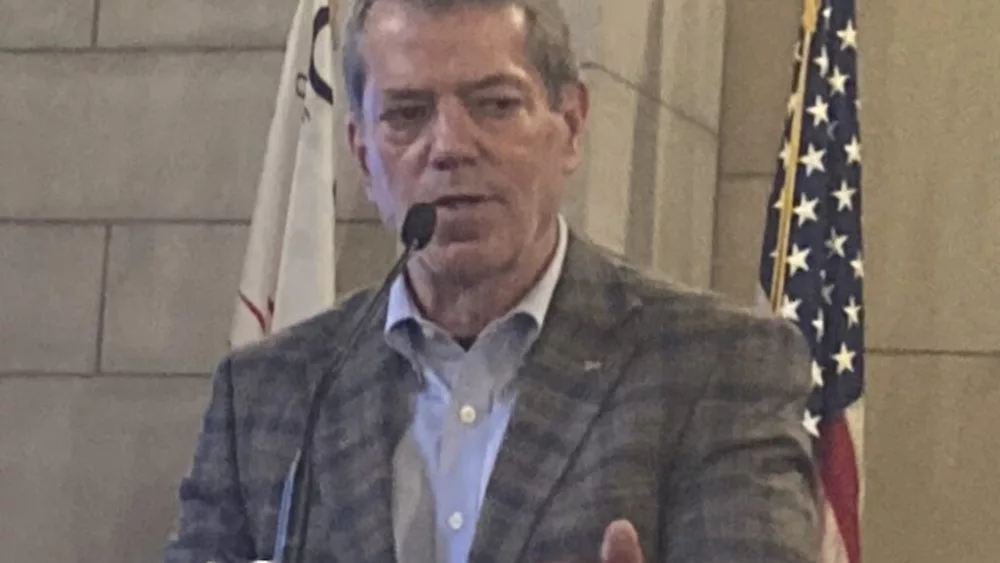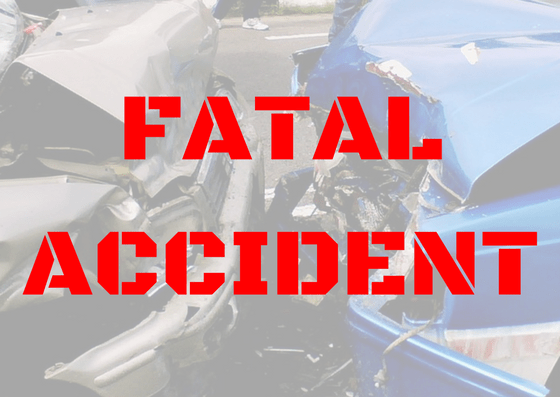LINCOLN – Do you feel sad, empty, and hopeless most of the day, nearly every day? Have you lost interest or pleasure in your hobbies or being with friends and family? Are you having trouble sleeping, eating, and completing your day to day activities? If you have felt this way for at least 2 weeks, you may have depression, a treatable mood disorder.
October is National Depression Education and Awareness Month and highlights the importance of seeking help, especially during the COVID-19 pandemic, which can intensify these feelings.
“Coping with depression is something nobody should have to do alone,” said Sheri Dawson, director of the Division of Behavioral Health at DHHS. “Depression is more than feeling down. You generally can’t just get over clinical depression. Reach out and seek help like you would for other physical illnesses. Seeking help is a sign of strength. By being open about the signs and symptoms of depression, you remove the first barrier to treatment, which is stigma and shame. We can encourage others to speak to a trusted friend, parent, doctor, or therapist about what they’re experiencing.”
Other signs and symptoms of depression may include:
- Persistent sad, anxious, or “empty” mood
- Feelings of hopelessness, pessimism, and irritability
- Feelings of guilt, worthlessness, or helplessness
- Loss of interest or pleasure in hobbies and activities
- Decreased energy or fatigue
- Moving or talking more slowly
- Feeling restless or having trouble sitting still
- Difficulty concentrating, remembering, or making decisions
- Difficulty sleeping, early-morning awakening, or oversleeping
- Appetite and/or weight changes
- Thoughts of death or suicide, or suicide attempts
- Aches or pains, headaches, cramps, or digestive problems without a clear physical cause and/or that do not ease even with treatment
How can I help myself if I am depressed?
- While not diagnostic, you can participate in a depression screening but be sure to share it with your healthcare provider or mental health professional. https://screening.mhanational.org/screening-tools/depression
- Seek help. Start to share your signs with a professional.
- As you start and continue treatment, you may start to feel better gradually. Remember that if you are taking an antidepressant, it may take 2 to 4 weeks to start working.
- Try to do things that you used to enjoy.
- Go easy on yourself. You are not alone.
Other things that may help include:
- Staying active and exercising
- Watching your diet.
- Breaking up large tasks into small ones, set priorities, and do what you can as you can
- Spending time with other people and confide in a trusted friend or relative
- Postponing important life decisions until you feel better. Discuss decisions with others who know you well
- Avoiding self-medication with alcohol or with drugs not prescribed for you
How can I help a loved one who is depressed?
If you know someone who has depression, first let them know they are not alone. Encourage them to see a health care provider or mental health professional. You can also:
- Listen
- Help the person to find support
- Offer support, understanding, patience, and encouragement
- Never ignore comments about suicide, engage them to seek assistance, and help them get connected.
- Invite him or her out for walks, outings, and other activities
- Help the person adhere to the treatment plan, such as setting reminders to take prescribed medications
- Help the person by ensuring that they have transportation to therapy appointments
- Offer them hope that people can and do recover. Remind them that, with time and treatment, the depression will lift.
- Take a Mental Health First Aide (MHFA) or Question, Persuade, Refer (QPR) class to increase your knowledge and awareness.
If you are unsure where to go for help, ask your health provider or check out the NIMH Help for Mental Illnesses webpage at www.nimh.nih.gov/findhelp.
Another federal health agency, the Substance Abuse and Mental Health Services Administration (SAMHSA), maintains an online Behavioral Health Treatment Services Locator at https://findtreatment.samhsa.gov/.
You can also check online for mental health professionals; contact your community health center, local mental health association, or insurance plan to find a mental health professional.
Need to talk or get immediate help in a crisis?
- Nebraska Family Helpline, (888) 866-8660
- Rural Response Hotline, (800) 464-0258
- Disaster Distress Helpline: 1-800-985-5990 (press 2 for Spanish), or text TalkWithUs for English or Hablanos for Spanish to 66746.
- National Suicide Prevention Lifeline: 1-800-273-TALK (8255) for English, 1-888-628-9454 for Spanish.
- National Domestic Violence Hotline: 1-800-799-7233 or text LOVEIS to 22522
- National Child Abuse Hotline: 1-800-4AChild (1-800-422-4453) or text 1-800-422-4453
- National Sexual Assault Hotline: 1-800-656-HOPE (4673)
- The Eldercare Locator: 1-800-677-1116
- Veterans Crisis Line: 1-800-273-TALK (8255)

